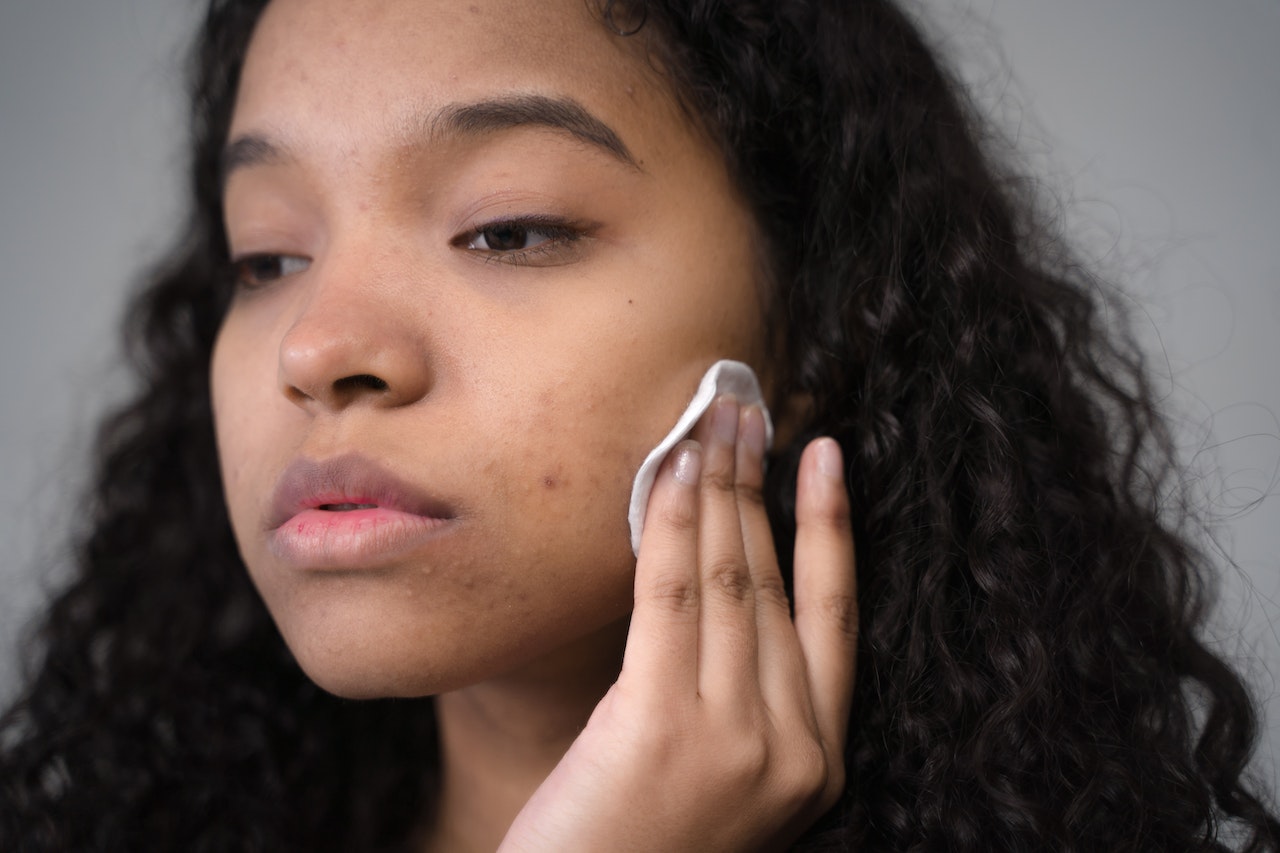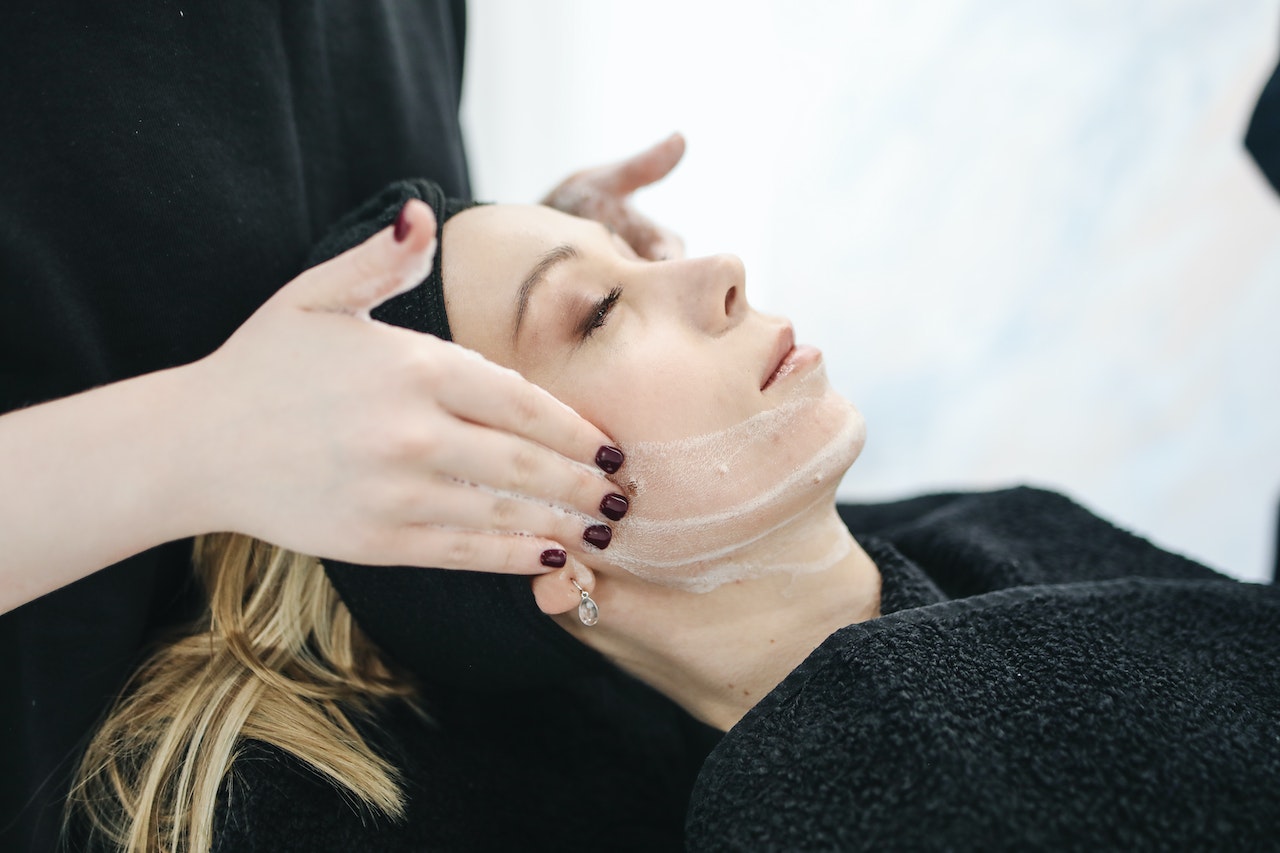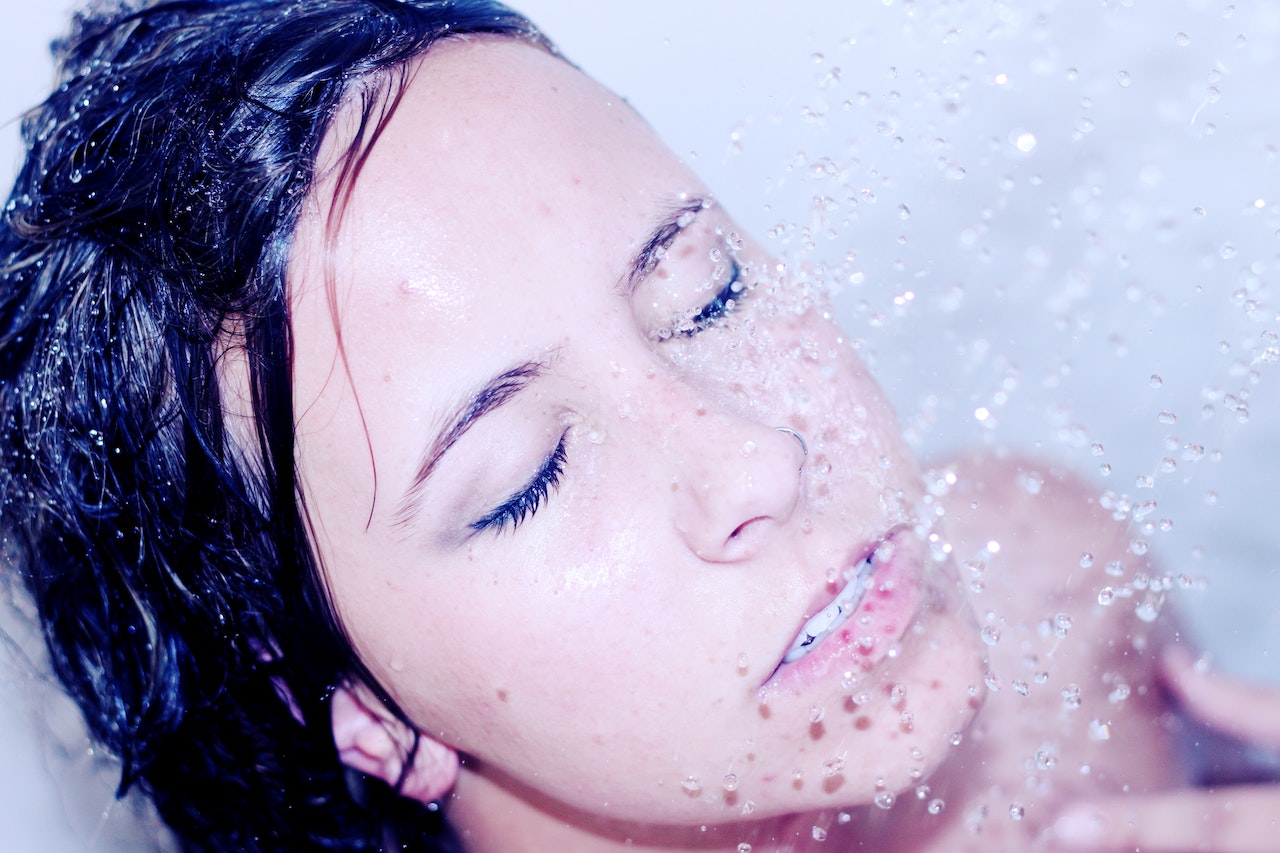As we age, our skin starts to lose its natural oil production. This can lead to dry, flaky skin on many parts of our body. In this blog post, we will explore some possible reasons why our skin is so dry and flaky, and provide some tips on how to get relief. From using topical moisturizers to seeking out professional help, read on to find the solution that’s right for you!
Dry Skin Can Often Lead to Other Skin Problems

Dry skin can often lead to other skin problems. When the skin is dry, it may not be able to hold onto moisture, which can lead to problems such as eczema and psoriasis. Dry skin can also make your skin more prone to sunburn and blemishes. Here are a few possible reasons why your skin is so dry:
- You’re not using enough moisturizer. Moisturizers help keep the skin hydrated and prevent it from becoming dry and flaky. Make sure to apply moisturizer every day, especially during the winter months when the air is drier.
- You’re not using enough water. When you don’t drink enough water, your body tries to conserve fluids by sending excess oil and sweat production to your Eccrine Gland which produces an oily layer on top of the outer layer of your skin called the Epidermis (the membrane that covers all our body’s organs). This layer helps protect us from infections but over time it can make our skin dry and cause flaking. Try drinking 8 glasses of water per day for best results!
- You have a chronic infection or you’re using harsh creams or lotions that are causing your skin damage. Many people have sensitive skins that are easily damaged by harsh chemicals or ingredients in products, so it’s important to test out new products before using them on your entire body. If you frequently get infections or experience redness or itchiness, try using a lower concentration of the product or using an organic, natural product instead.
- You’re using the wrong products for your skin type. If you have dry skin, you should use a moisturizer that is formulated for dry skin. If you have oily skin, you should use a moisturizer that is formulated for oily skin.
- You’re not eating enough healthy foods. One of the main ways your skin gets hydrated is from the food you eat. Make sure to include plenty of fruits and vegetables in your diet and avoid processed foods, which can contain high levels of sugar and unhealthy fats that can cause your skin to become dry and discolored.
How to Treat Dry Skin?

When it comes to treating your skin in the right way, health and beauty solutions are many and varied. However, some of the most common remedies for dry skin include using a moisturizer, using sunscreen, and using an anti-inflammatory cream.
- Moisturizing correctly. It’s important to moisturize your skin properly in order to prevent it from becoming dry and cracked. Moisturizers typically contain water, oil, or both, and you should apply them every day to keep your skin hydrated. You can also use creams that contain antioxidants or botanical extracts to help improve the condition of your skin.
- Use the right type of cream or medication. Make sure you are using the right cream or medication for your specific condition. For example, if you have psoriasis, you might need a topical steroid cream instead of a moisturizer. Also, avoid using over-the-counter medications that contain harsh chemicals (such as sulfates) because they can strip away the protective barrier layer on your skin and lead to dryness and flakiness.
- Don’t expose yourself to sun and hot weather conditions. Both sun exposure and hot weather can cause your body to produce excess sweat which can lead to dried out skin due to the loss of moisture in the air and sweat itself. If you regularly experience dry skin in warm climates, consider using a sunscreen with an SPF of at least 30 every day when sunlight is available (although UV radiation is still harmful even when covered).
5 Best Ways to Moisturize Your Skin

- Use a good moisturizer. A good moisturizer will help to keep your skin hydrated and stop it from becoming dry and flaky. There are a lot of different types of moisturizers, so find one that works best for you.
- Drink plenty of water. The key to keeping your skin hydrated is to drink plenty of water. This will help flush out any toxins that might be causing your skin to become dry and flaky.
- Avoid using harsh chemicals on your skin. Harsh chemicals can cause your skin to become dry and flaky. Instead, use gentle, natural products that will be less likely to cause irritation or damage your skin.
- Apply a light moisturizer to the areas of your skin that are most dry. Applying a light moisturizer to the areas of your skin that are most dry will help to keep them hydrated and protected.
- Use sunscreen. Sunscreen is key for preventing skin damage from the sun. It will help to protect your skin from becoming dry and flaky in the sun.
The Different Types of Dry Skin

There are a few different types of dry skin, each with its own set of symptoms. The most common type, dry skin syndrome, is characterized by redness, itching, and flaking. It can be caused by a variety of factors, including environmental exposures (such as pollution), hormonal changes (including pregnancy and menopause), and medications (such as chemotherapy).
Dry skin can also be caused by a lack of moisture in the skin. This occurs when the skin’s protective barrier – the outer layer that helps protect it from moisture loss – is compromised. Factors that can contribute to this include age (as the outer layer of the skin decreases), sun exposure (which causes inflammation and oxidative damage to the skin), genetic disposition (in people who are prone to dry skin), and lifestyle choices (like smoking or drinking excessively).
If you’re experiencing dry patches on your face or body, there are a few things you can do to help: use moisturizer every day, avoid harsh chemicals and sunscreens, keep your hair moisturized all day long, and eat foods that are high in water content. If you’re not sure what’s causing your dry skin, see your doctor for a diagnosis.
Conclusion
If you’re like many people, your skin is dry and itchy. You’ve probably tried countless creams and lotions over the years, but they never seem to work. And no matter how much you moisturize, your skin always feels tight and uncomfortable. If this sounds like you, then you might be suffering from dry skin syndrome. But don’t worry! There are a few things you can do to get relief. First, make sure to use a good moisturizer every day. Second, drink plenty of water to keep your skin hydrated. And finally, avoid using harsh chemicals on your skin.




